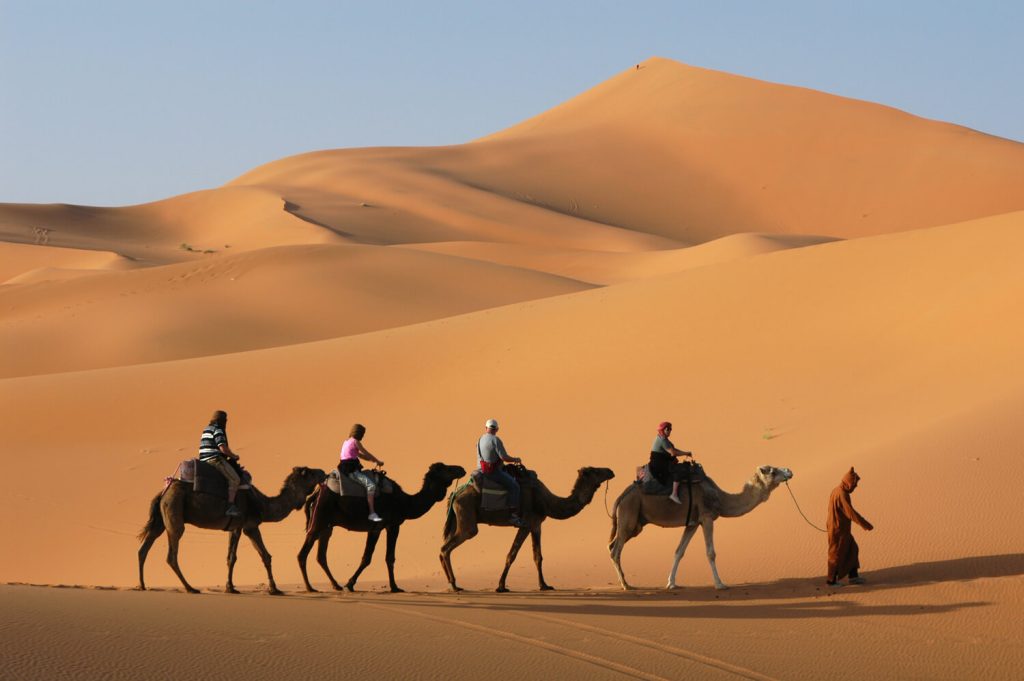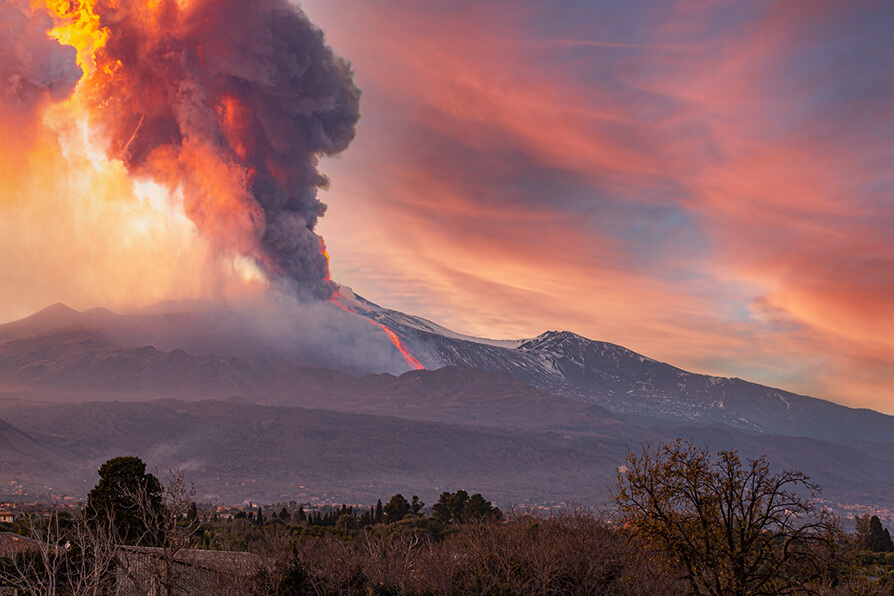The vast and varied continent of Africa is home to some sumptuous alcohol. Mbege, made from fermented bananas and a little quinine bark, is made by women of the Chagga people in the shadow of Kilimanjaro. A sorghum beer brewed by the Zulu, you can buy umqombothi on the streets of Durban, South Africa, or if your taste is more tropical, there’s grogue from Cabo Verde. The name ‘grogue’ is enough to make anyone think of hangovers, so perhaps it would be better to try pontche, a cocktail of the same sugar cane spirits plus a squeeze of lime and honey.
Of course, everyone knows about South African wine. Since the 1650s, vineyards have been flourishing along the Western Cape, with more than 60 appellations under the Wine of Origin system. Its climate requires a somewhat different system to what we find in the Mediterranean: a lack of precipitation means that irrigation is necessary for most of the country’s viticulturists. The results can be spectacular, with bottles of De Toren The Black Lion Shiraz selling at 264 USD per bottle, but the industry has been hamstrung by COVID dry laws, with 46% of black-owned vineyards facing closure within a year.
While the wine industry in Morocco and Ethiopia is less famous than the Western Cape, it hasn’t had to deal with official meddling and is looking forward to a strong 2022. In terms of consumption, however, we need look no further than West Africa. More than a quarter of Togolese adults have drunk wine in the past month, with Côte d’Ivoire and Cameroon close behind. Official reports from Sagaci Research show large markets in Benin, Gabon, Burkina Faso and Nigeria.
Expanding into any new market is a challenging process and the difference between African nations complicate things further. For a start, you can discount much of the Eastern Coast, where many of your potential clients alcohol is haram. Even in the interior of the country, a sizeable Muslim minority might curb sales – and that’s before we mention problems with infrastructure and purchasing power. However, in major cities such as Lagos, Kinshasa and Abidjan, the middle and upper classes are open for business. Connections with France mean wine has a prestige comparable to that of Europe. For the savvy investor, Sub-Saharan Africa could represent a new market for high quality produce.



